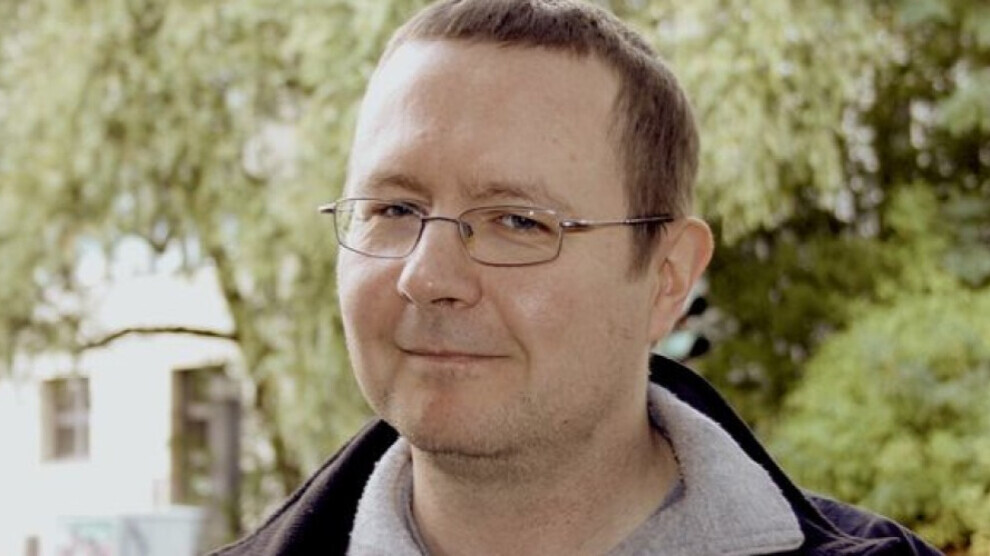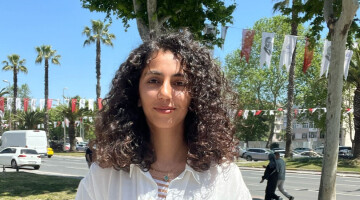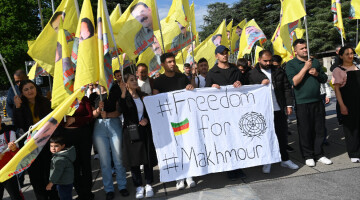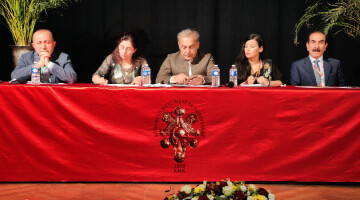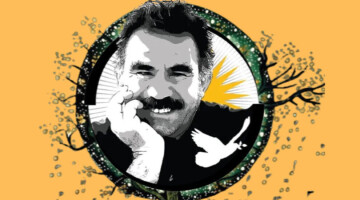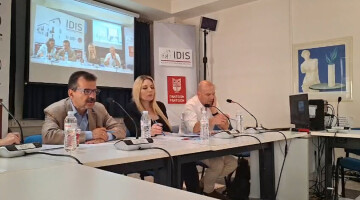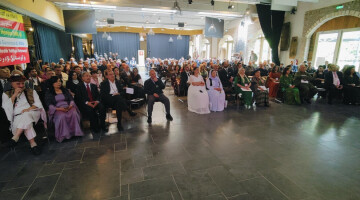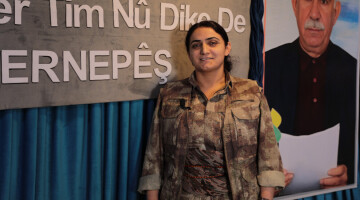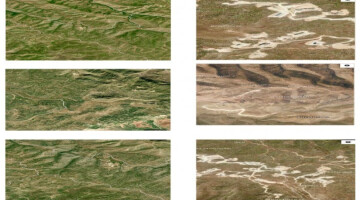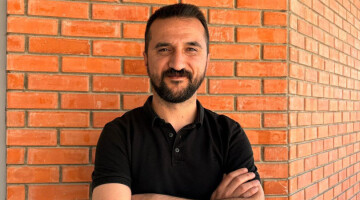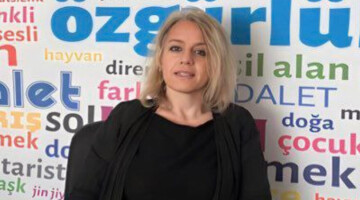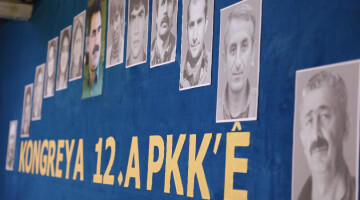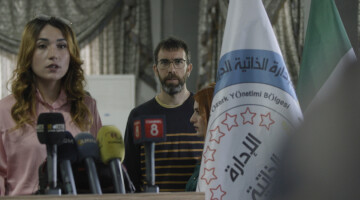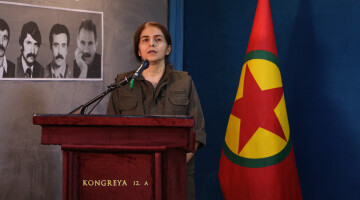The ongoing isolation of Abdullah Öcalan in the Turkish island prison of Imrali makes a political solution to the Kurdish question a thing of the past. The special laws and regulations that affect Öcalan’s thought and thus millions of Kurds are the yardstick for the Kurdish policy of the Erdoğan regime and have direct effects on the society as a whole. Ankara's adherence to what can be called the Imrali detention regime and the escalation policy aimed at war and conflict has transformed Turkey into an autocratic dictatorship. The silence of the international community, especially Europe, legitimizes the government method of isolation of the AKP.
Journalist Tomasz Konicz, who writes about economic crises in real capitalism and criticism of ideology for “Neues Deutschland”, “Konet” and “Telepolis” answered ANF's questions for a series of short interviews on the subject of Öcalan and isolation.
Mr. Konicz, why are the European states silent about the isolation of Öcalan?
The silence of the European countries, especially Germany, is motivated by power and geopolitics. For Berlin, Turkey is a close regional ally that acts as a bridge in the region - and also acts as an important investment location for German capital. In addition, Berlin wants to continue to use Turkey as the “police” of Europe in curbing refugee movements.
Why is the federal government not acting?
Democracy and human rights issues are also subordinated to this power calculation. The double standards of the federal government in human rights issues are particularly evident from the silence in the Öcalan case, as is generally the case with the Kurdish question. While the "human rights card" is quickly played in disputes with Russia or China, there is a heavy silence in Berlin when it comes to Öcalan, the Turkish occupation policy in the Kurdish regions of northern Syria, or the massive violation of human rights in Turkey.
Why do you think Abdullah Öcalan is still in prison?
Freedom for Öcalan - or in general a course towards peace in the Kurdish question, which would enable peaceful change in Turkey, is perceived by the Erdoğan regime as a threat to its own power. Something that is always happily forgotten in the West: The current phase of the military conflict, initiated in 2015 by the Suruç massacre, was largely initiated by the Erdoğan regime in order to counter the gain in popularity of the left, pro-Kurdish HDP putting in place a strategy of tension, with military action in the Kurdish regions in the south-east of the country . Before 2015, a political constellation emerged in which the AKP could lose its structural majority in elections.
What are the possibilities for a solution in your opinion?
I believe that peace for Kurdistan and freedom for Öcalan only have a chance in Turkey if the AKP is ousted - or if it no longer benefits politically from the war against the Kurdish movement.

